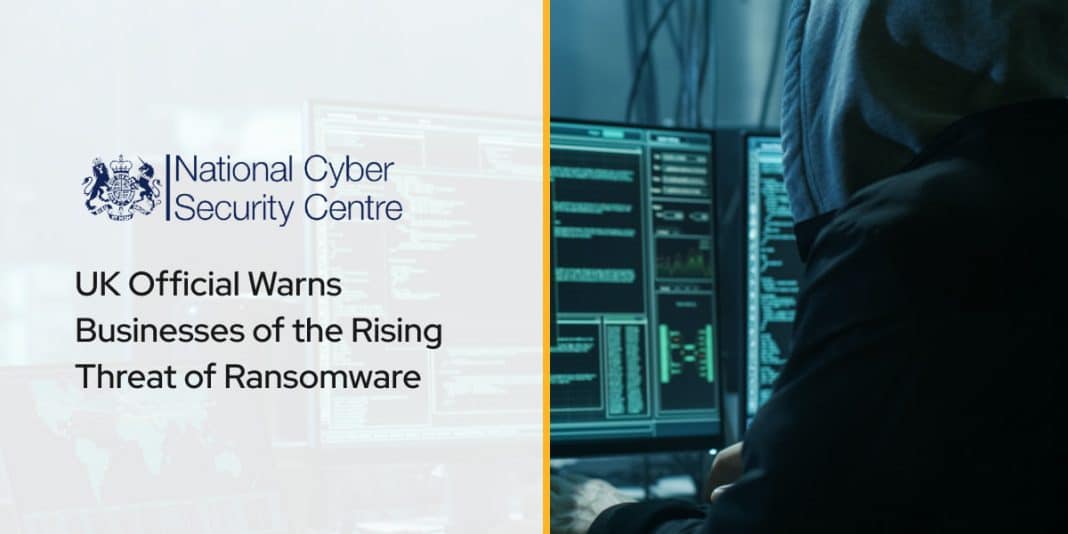The UK’s National Cyber Security Centre (NCSC) has emphasized the need to protect against ransomware, described as “an immediate danger” to enterprises of all sizes by Lindy Cameron, the Head of the NCSC in a recent interview.
Given the scale of the breaches that occurred in 2021, with both the multinational software company Kaseya and the Colonial Pipeline (one of the biggest pipelines in the US) being both breached and disabled, it’s not a surprise that such cyber attacks are on everyone’s minds.
Estimates from cybersecurity organizations placed six out of ten UK companies as having suffered a cyberattack in 2020, with many being halted before much, if any damage was done. However, even the most robust of security systems are at risk if not utilized correctly, or if the attack comes from the inside. Cameron highlighted an incident in early 2020 where the company SolarWinds was breached thanks to a key password being set to “solarwinds123” – a stark reminder that systems are only as robust as those using them. Given the breach in question indirectly allowed hackers to access data in multiple parts of the US federal government, the question also remains of connectivity. Cameron commented that “SolarWinds was a stark reminder of the need for governments and enterprises to make themselves more resilient should one of their key technology suppliers be compromised.”
In Cameron’s own words, “Ransomware presents the most immediate danger to the UK, UK businesses and most other organizations – from FTSE 100 companies to schools; from critical national infrastructure to local councils. Many organizations – but not enough – routinely plan and prepare for this threat, and have confidence their cybersecurity and contingency planning could withstand a major incident. But many have no incident response plans, or ever test their cyber defenses.”






